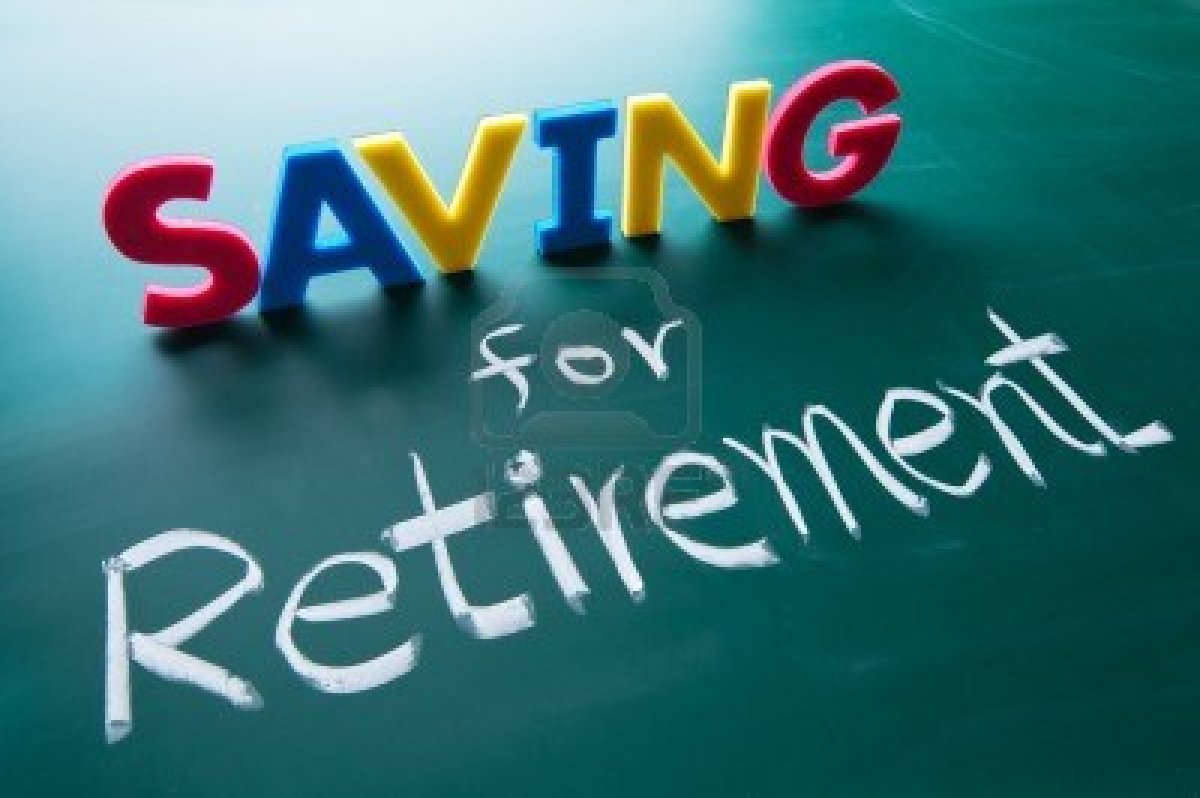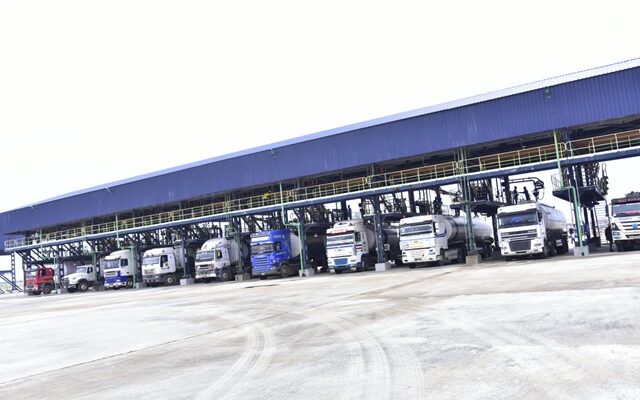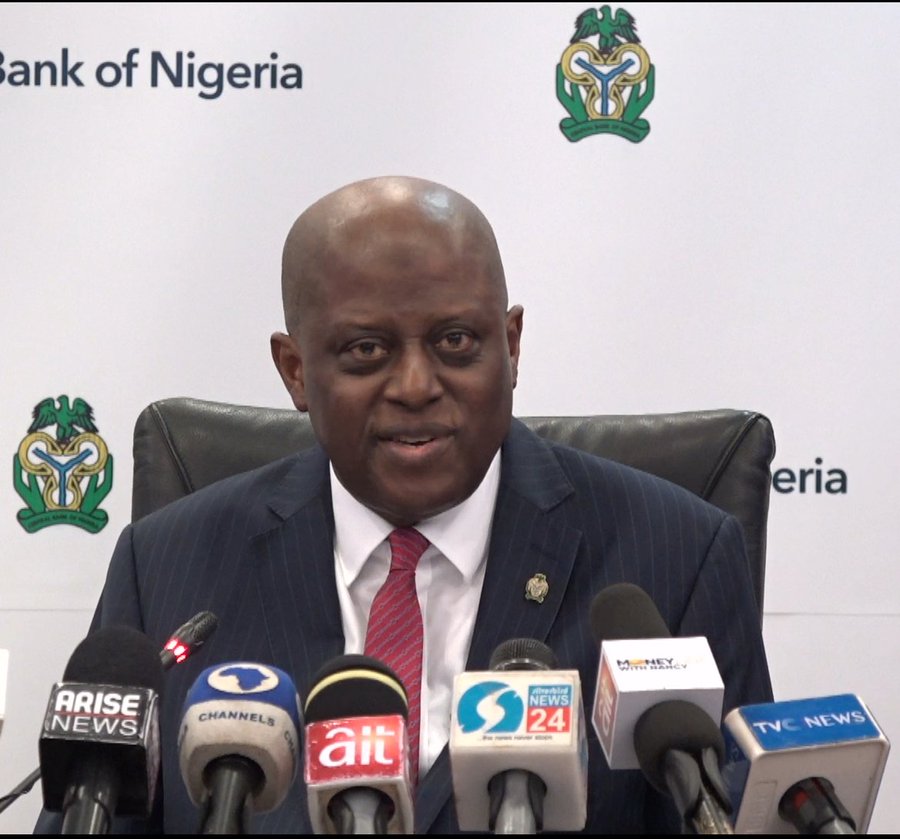Economy
73% of Nigerians Would Put Spare Cash into Savings—Report

By Dipo Olowookere
A new report released by Nielsen Africa, which measures Consumer Confidence Index (CCI) in some countries on the continent, said things were not to rosy for Nigeria in the second quarter of 2019 because the country’s index slightly increased by one point to 127 unlike its West African neighbor, Ghana, which gained 10 points to settle at 118.
The 127 points reached by Nigeria, according to a summary of the report made available to Business Post, remains the highest confidence level for the country since the first quarter of 2016.
“Following a turbulent period in its history, Nigeria’s economic recovery is gaining momentum with GDP expected to grow slightly to 2.5 percent year on year, off the back of moderate improvements in net exports and domestic demand. Nigerians are optimistic about their future and this is reflected in the confidence scores,” Nielsen MD for Nigeria, Mr Ged Nooy, commented.
Looking at the consumer picture, Nigerians immediate-spending intentions have shown a healthy increase; with 54 percent of consumers versus 46 percent in the previous quarter saying now is a good or excellent time to purchase what they want or need.
However, their perception around job prospects have slightly declined, with 60 percent viewing them as excellent or good, a nine-point drop from the previous quarter.
It was stated that sentiment around the state of personal finances has shown a slight improvement with 82 percent Nigerians agreeing their state of personal finances will be excellent or good over the next year, a one-point increase from the previous quarter.
Looking at whether Nigerians have spare cash to spend, 51 percent said yes, versus 55 percent in the previous quarter.
In terms of their spending priorities, once they meet their essential living expenses, 76 percent would invest in home improvements/ decorating, 73 percent would put their spare cash into savings and 66 percent say they will invest in shares/mutual funds.
Surprisingly, in light of their propensity towards savings and investment, the lowest number 39 percent said they would put their spare cash into retirement funds.
Looking at the top concerns for Nigerians over the next six months, work/life balance tops the list with 27 percent (a six-point increase compared to the previous quarter) and has displaced political stability as the number one concern for Nigerians.
This is followed by increasing food prices at 22 percent (a one-point increase compared to Q1’19) and the economy at 20 percent (a four-point increase compared to the previous quarter)
Elaborating on these results, Mr Nooy said, “Nigerian consumers are positive and open to spending, however, the country’s retail environment continues to feel the effects of steep inflation. Manufacturers and retailers will therefore need to tackle this challenge head on, to harness the true value of Nigeria’s powerful consumer base.”
On the part of Ghana, its CCI for the second quarter of 2019 showed an extremely healthy increase of 10 points to 118.
Looking at Ghana’s overall performance, Nielsen Market Lead for West Africa, Yannick Nkembe said, “Ghana is currently the poster child for African economic growth and positive consumer sentiment. The International Monetary Fund estimates its GDP will rise 8.8 percent this year – double the pace of emerging economies as a whole, and well ahead of world growth.
“This is a result of factors such as expanding crude oil production, a stable democracy and the introduction of a more favourable taxation structure. Ghana’s manufacturing industry has also been boosted by policies aimed at diversifying the economy and preventing an over-reliance on the commodity markets.”
This overall positive outlook is reflected by Ghanaian consumers’ greatly improved view of their job prospects, with a 10-point increase to 63 percent, saying they will be excellent or good in the next six months.
In terms of the state of their personal finances over the next 12 months, 74 percent say excellent or good up from 70 percent and the number of Ghanaian consumers who feel now is a good or excellent time to purchase has also seen a large increase quarter on quarter, from 34 percent to 46 percent.
Looking at whether Ghanaians have spare cash, 52 percent say yes, up nine points from the previous quarter. Once they meet their essential living expenses, the highest number of consumers (82 percent) put their spare cash into savings, followed by 72 percent on home improvements/decorating and 67 percent who invest in stocks and mutual funds.
When looking at the real life factors that are having a negative impact on Ghanaians outlook, the top concerns over the next six months include work/life balance at 24 percent; the same figure as the last quarter, rising food prices at 22 percent (dropped by three points compared to Q1’19) and tolerance towards different religions, also at 22 percent (increased by one percent since the previous quarter), and children’s education and welfare at 18 percent which has seen a 2-point increase.
Economy
Shettima Blames CBN’s FX Intervention for Naira Depreciation

By Adedapo Adesanya
Vice President Kashim Shettima has attributed the Naira’s recent depreciation to the intervention of the Central Bank of Nigeria (CBN) in the foreign exchange (FX) market, stating that the currency could have strengthened to around N1,000 per Dollar within weeks if the apex bank had allowed market forces to prevail.
The local currency has dropped over N8.37 on the Dollar in the last week, as it closed at N1,355.37/$1 on Tuesday at the Nigerian Autonomous Foreign Exchange Market (NAFEM), after it went on a spree late last month and into the early weeks of February.
However, speaking on Tuesday at the Progressive Governors’ Forum (PGF), Renewed Hope Ambassadors Strategic Summit in Abuja, the Nigerian VP said the intervention was to ensure stability.
“In fact, if not for the interventions by the Central Bank of Nigeria yesterday, the 1,000 Naira to a Dollar we are going to attain in weeks, not in months. But for the purpose of market stability, the CBN generously intervened yesterday.
“So, for some of my friends, especially one of our party leaders who takes delight in stockpiling dollars, it is a wake-up call,” the vice president said.
He was alluding to CBN buying US Dollars from the market to slow down the rapid rise of the Naira.
Latest information showed that last week, the apex bank bought about $189.80 million to reduce excess Dollar supply and control how fast the Naira was gaining value.
The move was aimed at preventing foreign portfolio investors from exiting Nigeria’s fixed-income market, as large-scale sell-offs could heighten demand for US Dollars, intensify capital flight, and exert further pressure on the exchange rate.
Amid this, speaking after the 304th meeting of the monetary policy committee (MPC) of the CBN on Tuesday, Governor of the central bank, Mr Yemi Cardoso, said Nigeria’s gross external reserves have risen to $50.45 billion, the highest level in 13 years.
This strengthens the country’s foreign exchange buffers, enhances the apex bank’s capacity to defend the Naira when needed, and boosts investor confidence in the stability of the Nigerian FX market.
Economy
Dangote Refinery Exports 20 million Litres Surplus of PMS

By Aduragbemi Omiyale
Up to 20 million litres in surplus of Premium Motor Spirit (PMS), otherwise known as petrol, is being exported daily by the Dangote Petroleum Refinery and Petrochemicals after supplying about 65 million litres to the domestic market.
Nigeria’s average daily petrol consumption stands at between 50 and 60 million litres, indicating that the refinery’s output exceeds current domestic requirements, marking a decisive break from decades of fuel import dependence and recurrent scarcity.
The president of Dangote Group, Mr Aliko Dangote, speaking in Lagos, while confirming a structured offtake agreement with selected marketers to ensure nationwide distribution and eliminate supply instability, said the structured model was designed to eliminate supply bottlenecks and curb speculative practices that have historically triggered disruptions.
“We have agreed an offtake framework to supply up to 65 million litres daily for the domestic market. Any surplus, estimated at between 15 and 20 million litres, will be exported,” he said.
Under a revised distribution framework endorsed by the Nigerian Midstream and Downstream Petroleum Regulatory Authority, the refinery will channel nationwide supply through major marketing companies, including MRS Oil Nigeria Plc, Nigerian National Petroleum Company Limited Retail (NNPC), 11 plc (Mobil Producing Nigeria), TotalEnergies Marketing Nigeria Plc, Rainoil Limited, Northwest Petroleum & Gas Company Limited, Ardova Plc, Bovas & Company Limited, AA Rano Nigeria Limited, AYM Shafa Limited, Conoil and Masters Energy.
With local refining now exceeding national demand, the country stands to conserve billions of dollars annually in foreign exchange previously spent on petrol imports. Analysts say this would ease pressure on the naira, strengthen external reserves, and improve trade balance stability.
Economy
NECA, CPPE Laud CBN’s 0.50% Interest Rate Cut

By Adedapo Adesanya
The Nigeria Employers’ Consultative Association (NECA) and the Centre for the Promotion of Private Enterprise (CPPE) have separately commended the Central Bank of Nigeria (CBN) for reducing the Monetary Policy Rate (MPR) from 27.0 per cent to 26.5 per cent at its 304th Monetary Policy Committee (MPC) meeting.
In reaction, NECA Director-General, Mr Adewale-Smatt Oyerinde, praised the decision in a statement, noting that the 50 basis-point cut is “a cautious but noteworthy signal” that authorities were responding to sustained pressures on businesses.
He said the marginal reduction might not immediately lower lending rates, but reflected “a gradual shift toward supporting growth without undermining price stability”.
According to him, the overall stance remained tight, with the Cash Reserve Ratio retained at 45 per cent and the liquidity ratio at 30 per cent.
He added that the asymmetric corridor around the MPR was also maintained, reinforcing a cautious monetary approach.
“With a substantial portion of deposits still sterilised, banks’ capacity to expand credit to the real sector may remain constrained in the near term,” he said.
Mr Oyerinde described the move as “a careful balancing act” aimed at moderating inflation without worsening pressures on businesses.
He noted that firms continued to grapple with high operating costs, exchange rate volatility and weakened consumer demand.
“Inflation, particularly in food, energy and transportation, remains a significant challenge to employers and households,” he said.
He stressed that the modest easing must be supported by coordinated fiscal and structural reforms to address supply-side constraints.
Such reforms, he said, should improve infrastructure and enhance productivity across key sectors of the economy.
Mr Oyerinde urged financial institutions to ensure the MPR reduction was gradually reflected in lending conditions for manufacturers and SMEs.
He affirmed that although the MPC had not fully relaxed its tightening stance, the rate cut signalled cautious optimism.
“Sustained improvements in inflation, exchange rate stability and investor confidence will determine scope for further easing that supports growth and employment,” he said.
On its part, the CPPE said the decision reflected improving macroeconomic fundamentals and a cautious shift from aggressive tightening.
The organisation noted that sustained disinflation, stronger external reserves, an improved trade balance and relative exchange-rate stability had created room for monetary easing.
It said the rate cut could boost investor confidence and support private-sector growth, but cautioned that weak monetary transmission might limit its impact on lending rates.
The CPPE identified high cash reserve requirements, elevated lending rates, government borrowing and structural banking costs as major constraints to effective transmission.
The group also stressed the need for fiscal consolidation, citing high public debt, persistent deficits and rising debt-service obligations as risks to macroeconomic stability.
According to the chief executive of CPPE, Mr Muda Yusuf, effective policy coordination and stronger transmission mechanisms were critical to unlocking investment and sustaining growth, lauding the CBN for what he described as a measured and data-driven policy adjustment.
The CPPE boss noted that the easing reflected strengthening macroeconomic performance, declining inflation, growing reserves, improved trade balance and enhanced foreign exchange stability.
Mr Yusuf added that for the benefits of monetary easing to be fully realised, authorities must strengthen transmission to ensure lower lending rates for the real sector and advance credible fiscal consolidation to safeguard stability.
He said that if supported by structural reforms and disciplined fiscal management, the current policy direction could unlock a stronger investment cycle and more durable economic growth.
-

 Feature/OPED6 years ago
Feature/OPED6 years agoDavos was Different this year
-
Travel/Tourism10 years ago
Lagos Seals Western Lodge Hotel In Ikorodu
-

 Showbiz3 years ago
Showbiz3 years agoEstranged Lover Releases Videos of Empress Njamah Bathing
-

 Banking8 years ago
Banking8 years agoSort Codes of GTBank Branches in Nigeria
-

 Economy3 years ago
Economy3 years agoSubsidy Removal: CNG at N130 Per Litre Cheaper Than Petrol—IPMAN
-

 Banking3 years ago
Banking3 years agoSort Codes of UBA Branches in Nigeria
-

 Banking3 years ago
Banking3 years agoFirst Bank Announces Planned Downtime
-

 Sports3 years ago
Sports3 years agoHighest Paid Nigerian Footballer – How Much Do Nigerian Footballers Earn












